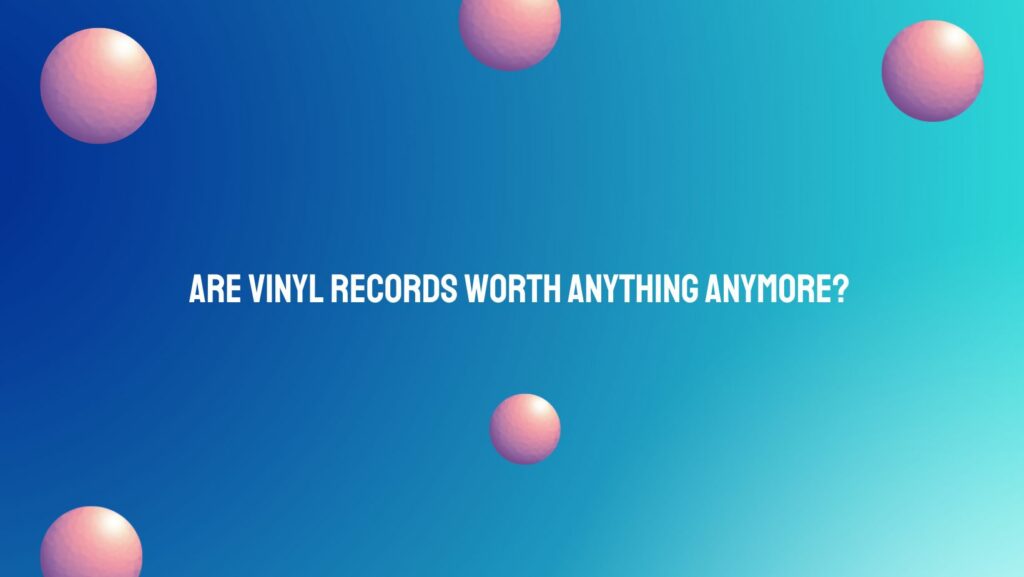In a world where music is often consumed through digital streams and intangible downloads, the resurgence of vinyl records has sparked a renewed interest in the intrinsic value of physical music. Beyond the nostalgic allure, the question arises: Are vinyl records worth anything anymore? This article delves into the factors that contribute to the value of vinyl records, exploring both the tangible and intangible aspects that make them more than just relics of the past.
- Collectible Rarity:
The scarcity and collectible nature of certain vinyl records contribute significantly to their value. Limited editions, promotional copies, and rare pressings from specific artists or genres have become sought-after treasures among collectors. The thrill of finding a rare gem in a dusty crate at a record store or stumbling upon an exclusive release fuels the notion that vinyl records can hold substantial monetary value.
- Condition Matters:
The condition of a vinyl record plays a pivotal role in determining its worth. Well-preserved records with minimal wear, clean surfaces, and intact covers are considered more valuable than those showing signs of heavy use. Records graded as near mint or mint condition often command higher prices in the collector’s market. Attention to detail, such as the presence of original inserts and posters, further enhances a record’s overall value.
- Cultural and Historical Significance:
Vinyl records often carry cultural and historical significance, contributing to their perceived worth. Albums that marked pivotal moments in music history or were associated with influential movements may hold both sentimental and monetary value. Iconic releases from artists who shaped genres or eras are regarded as cultural artifacts, transcending their original purpose as mere recordings.
- First Pressings and Original Releases:
The concept of “first pressings” adds another layer to the value of vinyl records. Original releases of albums, especially those with unique characteristics such as specific labels, mastering, or cover variations, are highly sought after. The notion of owning a piece of music history, in its earliest and most authentic form, enhances the allure and value of first pressings.
- Artist Signatures and Personal Connections:
The personal touch of an artist’s signature can significantly increase the value of a vinyl record. Limited editions with signed covers or records by the artist hold sentimental value for fans and collectors alike. The personal connection between the listener and the artist, represented by a signed vinyl record, goes beyond a mere transaction, adding an emotional dimension to its perceived worth.
- Audiophile-Grade Pressings:
For audiophiles, the pressing quality of a vinyl record can greatly impact its value. Audiophile-grade pressings, often characterized by meticulous mastering, high-quality vinyl, and attention to detail in the manufacturing process, cater to those who prioritize superior sound quality. Such records, designed for optimal playback on high-end audio systems, are valued by enthusiasts seeking the best possible listening experience.
Conclusion:
While the digital era has transformed the landscape of music consumption, vinyl records have proven to be more than nostalgic artifacts. Their worth extends beyond the monetary value, encapsulating cultural, historical, and personal significance. For collectors, enthusiasts, and audiophiles, the value of vinyl records lies in their ability to evoke emotions, capture moments in time, and offer a tangible connection to the rich tapestry of musical history. As the vinyl renaissance continues, the worth of these analog gems persists, reminding us that their value goes far beyond the grooves etched into the vinyl—they are portals to the soul of the music they hold.


